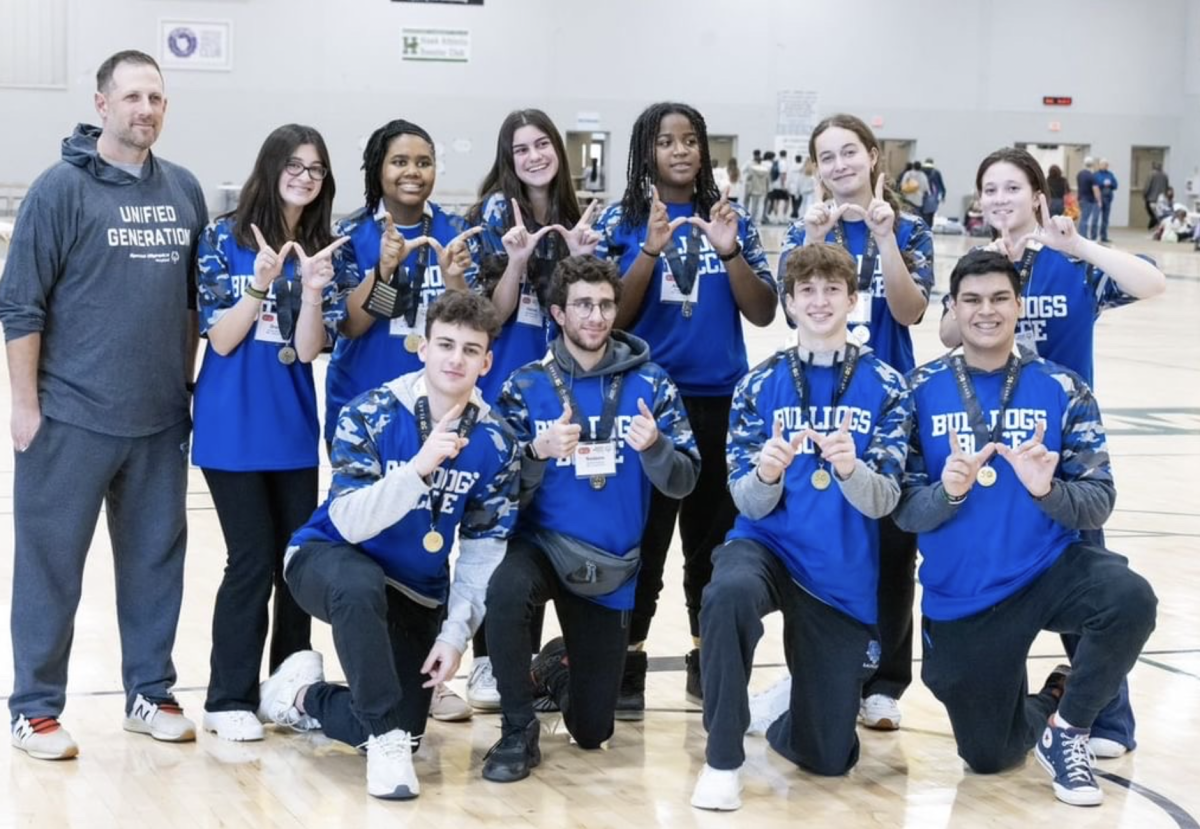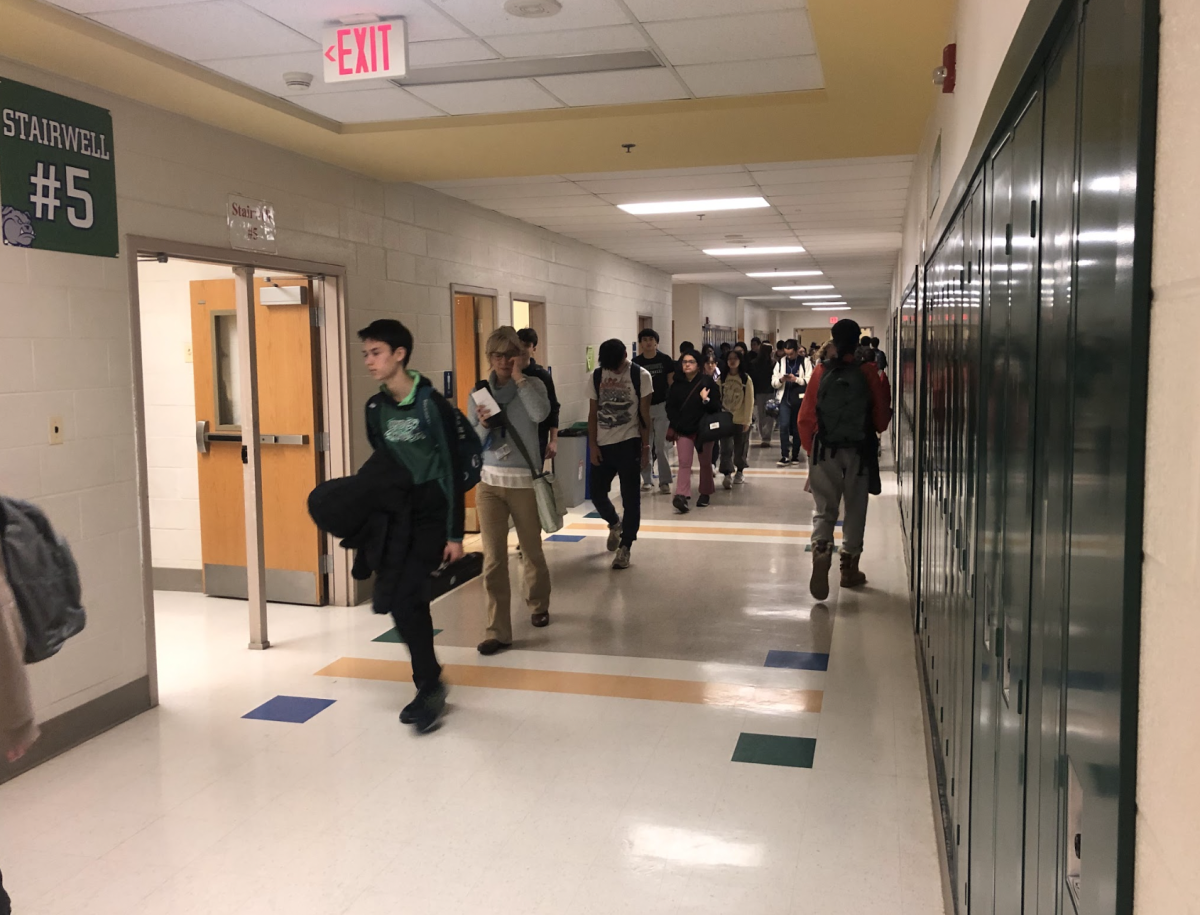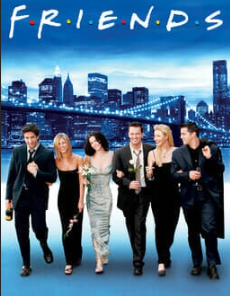Every weekend, many teens in the D.C. metro area hang out with friends and drink alcohol, and all too often a story appears in the news the next day about a local kid who was killed because of it.
Andrea McCarren, a reporter for WUSA-9, decided to investigate the various causes of the underage drinking epidemic but never imagined the consequences of doing so.
After McCarren reported on a liquor store in DC that allegedly sold to minors, students began to target McCarren’s family because she had exposed their liquor supply.
“I knew that there would be backlash from this story,” said Montgomery County police officer Bill Morrison, who is actively involved in McCarren’s reports. “Rather than this story just going away, [journalists] were able to make more headlines about it.”
According to a Feb. 15 Washington Post article, McCarren’s two teenage children have been harassed and bullied at school and on Facebook as a result of their mother’s reports. The backlash became so intense that McCarren had to stop reporting until the havoc died down. McCarren declined to comment for this story.
“I understand why she told [this report],” said a junior, who asked to remain anonymous. “Kids drink underage because it makes them more outgoing. Kids drink to rebel against their parents.”
WHERE DO WE DRINK?
Many Whitman students consumed a large amount of alcohol at a party in October, and police issued approximately 35 citations that night.
“I was disappointed but glad no one was taken to the hospital for alcohol poisoning, or hurt or killed in a car accident,” Whitman principal Alan Goodwin said. “I give students consequences as just one more way to try to keep them safe. Students know I’m crazy about them, and I try to help them in a range of ways.”
Some students are not deterred by the consequences of underage drinking, however.
“I drank after my citation because my weekend plans were surrounded by drinking and going to parties,” a senior said.
WHAT DO PARENTS DO?
According to McCarren’s reports, many parents at the Whitman party were angry with police for intruding on their children’s party. The majority were not angry with their kids for drinking. One parent even asked his or her child, in front of police, why he or she did not consider running away.
“I was not surprised because I have seen parents that are enablers,” Morrison said. “They show up and get mad at the police for coming and shutting the party down. These parents are oblivious to the problem.”
HOW DO WE GET IT?
In order to purchase alcohol, many teenagers use fake IDs that they usually purchase through the Internet.
“I have been caught with it only because I was the only person with a different state, and I was the only 21-and-up person in the group so it was suspicious,” said senior Bob, who requested his name be changed. “Nothing happened, they just confiscated it, but I still have two others.”
Many teenagers do not know or care where these IDs come from as long as they work.
“A lot of people recently have been getting caught with possession of fake IDs,” Morrison said. “Most people do not realize that the fake IDs they are buying help to support terrorist groups like Al-Qaeda,” Morrison said.
According to an April 2011 ABC News report, in addition to minors, fake-document makers sell their merchandise to traffickers, immigrant smugglers and terrorists.
According to Morrison, although police officers have trained bartenders and doormen to look for certain features on IDs that can help them determine whether they are fake, some people pay extra money to get encryptions on their IDs that make them more believable.
“My ID is incredibly good because it not only scans, but it is blacklight proof, and it has holograms,” Bob said. “It is an incredibly realistic ID. Both my Maryland and my Connecticut IDs are incredible.”
According to Morrison, if someone is under 21 and gets caught with a fake ID at a traffic stop, he or she can lose his or her license until he or she is 21.
WHERE DO WE GET IT?
McCarren exposed Dan Ki Kim, the owner of the Town Square Market liquor store in DC, who was then arrested for selling alcohol to minors.
According to McCarren’s report, Kim had been allegedly selling to minors as young as 14 years old. Minors carried the illegally purchased alcohol from Kim’s store back into Montgomery County.
“We knew about the [Town Square Market] liquor store around the same time Andrea did,” Morrison said. “We know a couple more in DC along with Montgomery County, and we’re monitoring them.”
According to McCarren’s report, another liquor store in DC, Gee’s Market, has been charged with selling alcohol to minors. Gee’s Market did not show up for its legal hearing.
HOW MUCH DO WE DRINK?
According to a practitioner’s guide from the National Institute on Alcohol Abuse and Alcoholism (NIAAA), girls ages nine through 17 are considered to be binge drinking if they consume three or more drinks. For boys, the average level increases incrementally with age. Boys ages 16 and older are considered to be binge drinking if they consume five or more alcoholic beverages.
“I really have no idea how many drinks I consume but I am sure it is a lot because I always seem to have fun no matter what I am doing,” Bob said. “I have an incredibly high tolerance for alcohol so I never really suffer from the consequences.”
WHAT ARE THE CONSEQUENCES?
“In Montgomery County, we average between three to five teenagers being transported to the hospital every weekend,” Morrison said. “Right now, this is a very hot topic because of the number of people who have recently died.”
In Maryland, the legal punishment for underage drinking is a police citation and a fine.
“Teens are not invincible,”said Georgine DeBord, who coordinates Teen Court, a divisionary program for first time juvenile offenders in a serious setting. “There have been too many funerals, too many kids permanently harmed by the effects of underage drinking. If all of our efforts save even one life, then it’s all worth it.”







